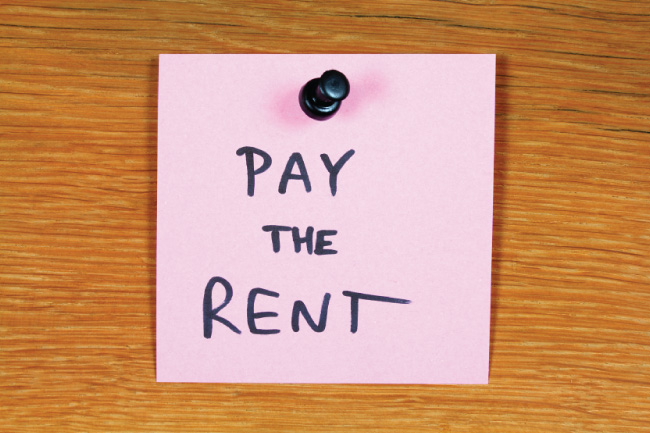
Landlord’s Insurance 101
Owning rental property is a major investment and involves more risks than simply buying a home to live in yourself. That’s why you need landlord’s insurance to protect your investment. There are several kinds of coverage to consider for your rental property.
Liability (third party liability)
You may not be responsible for your tenants’ belongings in case of theft, fire, or other damage, but you are liable for whatever happens to your tenants on your property. Liability insurance protects you against major financial loss should your tenant sue you for a fall, wrongful eviction, or other types of lawsuit claims. The case for physical injury applies if you haven’t taken reasonable precautions to ensure safety, such as regular maintenance, upgrades, or posting warning against perils that you can’t address.
Building insurance
This form of coverage protects you against property damage from risks such as fire, floods, burst pipes, etc.
Contents insurance
Separate and distinct from building insurance, contents coverage insures you against losses as a result of damage to your furniture (if it’s a furnished unit), walls, flooring, fixtures, appliances, and heating/cooling systems. The more contents coverage you want, the more it will cost, so prioritize what is most important.
Loss of rent
This insurance compensate you for any loss of rent if your tenant breaks their lease, refuses to pay rent, or you evict them. Your policy will cover you for a certain period, so find out your coverage limits.
Emergency assistance
The farther you are from your rental property, the tougher it is to keep tabs on it. So when things go wrong in your absence, such as an electrical fire or a burst pipe, emergency coverage will help to lessen the impact of costs associated with these unforeseen and potentially costly repairs.
Legal expenses insurance
Another layer of protection for landlords is coverage legal expenses, which you can incur while attempting to recover legally owed costs by tenants, such as rent, payment for damage, or the cost for you to legally evict them.
Illegal activity on your property
The first step in protecting your investment property is to carefully screen and monitor tenants, such as requesting their social insurance number and checking references beforehand. You can also protect yourself by insisting on tenant’s insurance, requesting a damage deposit, and insist on cheque payments only. While renting the property, conduct periodic checks on the rental unit.
Written by myinsuranceshopper.ca






